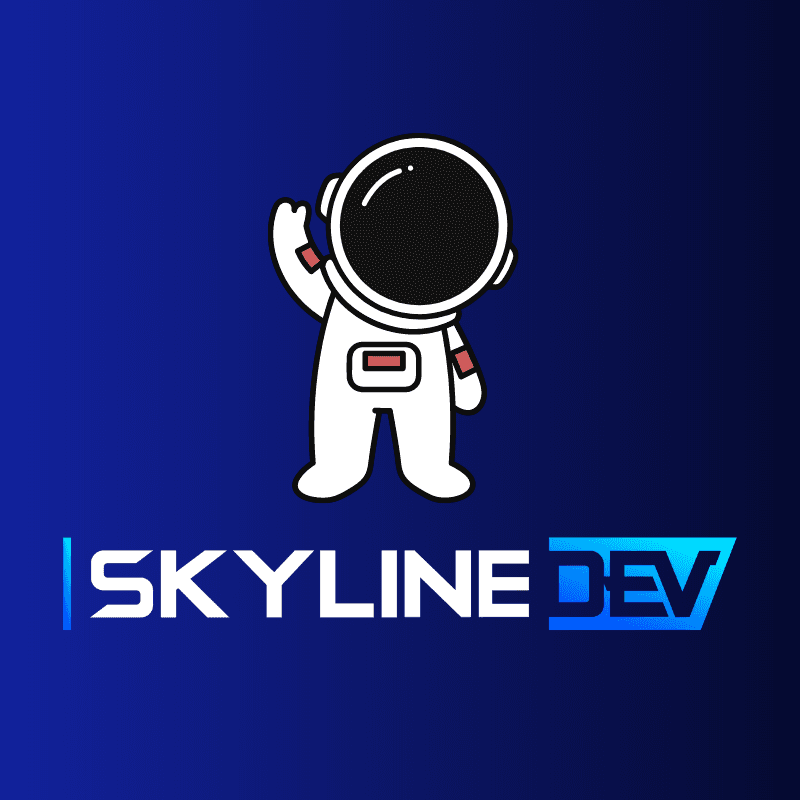The Evolutionary Journey of Use Case Methodology in Software Engineering
Dec 18, 2023
Introduction
In the realm of software engineering, the use case methodology has emerged as a fundamental tool for capturing and communicating system requirements. This journey, beginning with Ivar Jacobson's groundbreaking presentation in 1987, is not just about innovation but also about addressing specific needs in software development. Let's explore what drove this evolution and how it transformed software engineering practices.

The Birth of Use Cases (1987)
The concept of use cases was introduced by Ivar Jacobson at the OOPSLA'87 conference against a backdrop of growing complexity in software systems. The need was clear: a method to capture and specify system requirements that was not only comprehensive but also understandable to both developers and stakeholders. Jacobson's approach at Ericsson, employing textual, structural, and visual modeling techniques, aimed to bridge this gap in communication and understanding, especially in the burgeoning field of object-oriented analysis and design.
Laying the Foundations with OOSE (1992-1994)
The early 90s saw Jacobson addressing a crucial challenge in software development: the disconnection between user requirements and technical implementation. "Object-Oriented Software Engineering - A Use Case Driven Approach" emerged from this context. It established a systematic way to align software functionality with real-world processes, making use cases an essential tool for functional requirement capture in software development.
The Creation of Unified Modeling Language (UML) (1995-1997)
The mid-90s collaboration between Jacobson, Booch, and Rumbaugh was a response to the need for a unified, standardized approach in software modeling. The diversity of modeling methods at the time led to confusion and inefficiency. The development of UML, including use case modeling, was a concerted effort to create a universally understood language for software design, crucial for the growing complexity and scale of software projects.
The Rise of the Unified Process (1999)
The Unified Process, published in 1999, was a direct answer to the shortcomings of the then-prevalent Waterfall model. It recognized the need for a more iterative, flexible approach to software development. The process emphasized use cases to ensure that development was consistently aligned with user requirements, a critical aspect often lost in traditional methods.
Diverse Contributions and Extensions (1995-2004)
Throughout the late 90s and early 2000s, the expanding scope and scale of software projects necessitated a more nuanced approach to use cases. Contributions from various experts addressed specific aspects like user intents, goal orientation, and stakeholder communication. These adaptations and extensions of use case methodology were responses to the evolving challenges in software design and the need for more user-centric approaches.
Adapting to Agile: Use Case 2.0 (2011)
The transition to agile methodologies in software development marked a significant shift in how projects were managed and executed. "Use Case 2.0", introduced by Jacobson and colleagues, was an adaptation to this changing landscape. It offered a way to integrate the structured approach of use cases with the flexibility and incremental nature of agile practices, reflecting the industry's move towards more adaptive, responsive development cycles.
Conclusion
The evolution of use case methodology in software engineering is a response to the changing dynamics and growing complexities in the field. From addressing communication gaps to aligning with agile practices, this journey underscores the industry's continuous quest for methodologies that are not just technically sound but also cater to real-world needs and enhance collaborative development.
Latest Blog
Stay up to Date with the Latest News
Prev
1
Ready to Elevate Your Digital Presence?
get in the driver's seat and let's ignite your digital transformation journey!
At Skyline Dev Labs, we bring the heat with cutting-edge solutions that elevate your brand, streamline your processes, and drive measurable results. Our team of tech wizards harnesses the latest technologies to create digital experiences that capture the thrill and excitement of a race car on the track.
Stay Connected with Skyline.Dev

Skyline Dev Labs builds platforms and apps for visionary founders and industry leaders. We focus on architecting solutions to fast track your product market fit.
hello@skyline.dev
Social Media
X (Twitter)
Copyright: © 2023 Skyline Dev Labs LLC. All Rights Reserved.






